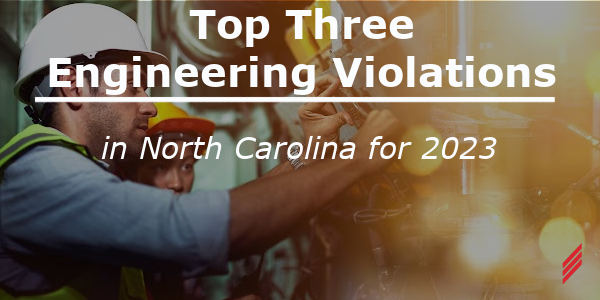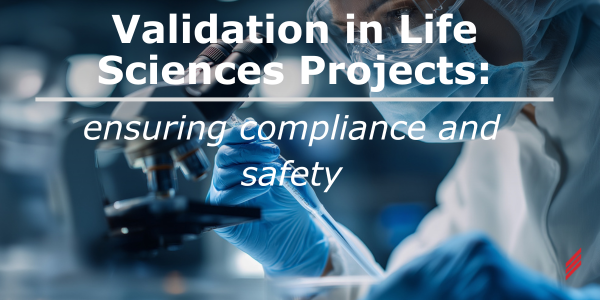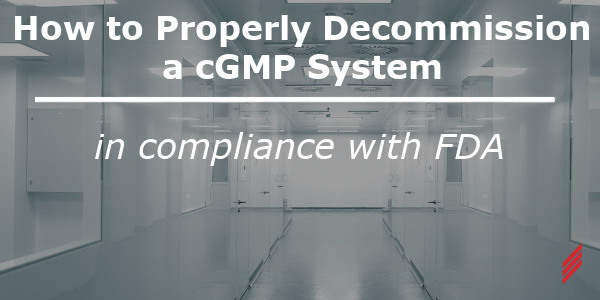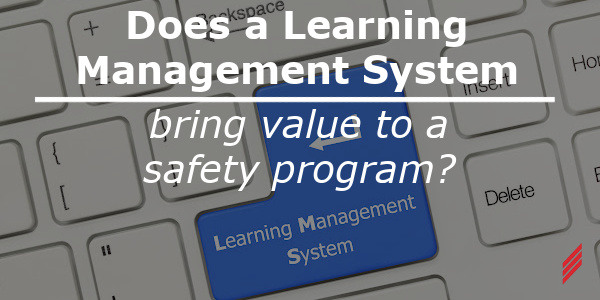Top Three Engineering Violations in North Carolina for 2023
by Jeff Babineaux, PE on May 9, 2024 10:30:00 AM

Every year, the North Carolina Board of Examiners for Engineers and Surveyors (NCBELS) releases in their Fall newsletter a list of disciplinary actions taken in the state. In 2023, there were 23 cases shared with the state’s engineering community resulting in $22,000 in civil penalties. Today’s blog provides key steps that you can take that would prevent half of these disciplinary actions involving just the top three violations. Even if you’re not in North Carolina, the Rules of Professional Conduct for Engineers and Surveyors (Office of Administrative Hearings Title 21, Chapter 56, section 0.0700) has a strong correlation to the National Council of Examiners for Engineers and Surveyors (NCEES) Model Law, based on the National Society of Professional Engineers (NSPE) Code of Ethics. If your state has not adopted provisions similar to these, there is still an important body of engineers behind the concepts that can help you decide for yourself how to best serve the public in your engineering career.
The first and most common violation for 2023 was practicing or offering to practice without a license. North Carolina General Statute 89C Chapters 23 and 24 deal with individuals and businesses, respectively. Many of the violations appeared to come from out of state, so it’s important to know how that applies to out-of-state professional engineers. While chapter 25 offers lots of exceptions for work under supervision, public utilities and manufacturing, nothing protects an outside firm or individual from a proposal! In this case, “practicing or offering to practice” is really important for anyone looking to provide engineering services in North Carolina. First, go ahead and get your firm and a supervising professional licensed before sending out bids. Second, the state of North Carolina is very picky about business names and job titles. If your company name or job title suggests that you are an engineer, you should be licensed in the state before offering your services. As an alternative, have a separate email signature when doing business that crosses into state lines that restrict job titles this way.
The second most common violation might often be related to the first. Chapter 56 section .0701(c)(3) in the rules of professional conduct for engineers addresses responsible charge as it relates to both competence and personal involvement in engineering design. In half of the cases, this violation was paired with associating with or aiding and abetting unlicensed engineers. It’s conceivable that a firm asks for assistance with a design that is completed, but maybe there’s an issue with a lapsed license or it’s only the first job in the area. In other cases, a company that suddenly learns that they need the seal of an engineer, but they don’t have one on staff might approach with completed plans. “Hey, can you stamp this for me?” is a red flag that undercuts the value of basing designs on sound engineering principles. This behavior is sometimes referred to as “rubber stamping” and has the appeal of quick and easy money at the risk of heavy fines and revoked licenses. The rest of .0701(c)(3) gives more detail about what it means to take responsible charge, as well as what services an unlicensed subcontractor can provide as part of the engineering work.
The third most common violation in the 2023 newsletter relates to something unusual, but not unique to North Carolina. While many state licensing boards do not provide much guidance on the meaning of a digital stamp or the electronic transmittal of sealed drawings, North Carolina is one of a few that require a digital signature that verifies the identity of the person sealing the drawing as well as the document’s integrity. If you want to know if a document has been signed this way, your PDF software should have a signature panel that shows if the identity is verified, and provides the name of a third-party certificate authority who controls this verification.
In the end, the best method to reduce your risk of violating all three of the requirements above can be accomplished by thoroughly exercising responsible charge by ensuring you are licensed in the state where you want to practice, ensuring that the designs that you seal are your own, and finally that the seal that you apply verifies your identity and the integrity of your work. For more information on engineering violations in North Carolina or signing and sealing guidelines, check out the annual newsletters and Policies & Guidelines on NCBELS.org.
About the Author
Jeff has a B.S. in Electrical Engineering from Louisiana Tech University. Prior to coming to Hallam-ICS, Jeff had 7 years of experience working in prefab construction for mechanical and electrical buildings and skids. He holds a professional engineering license in multiple states, participates in all phases of the project design from concept through construction, and cooks a mean gumbo.
Read My Hallam Story
About Hallam-ICS
Hallam-ICS is an engineering and automation company that designs MEP systems for facilities and plants, engineers control and automation solutions, and ensures safety and regulatory compliance through arc flash studies, commissioning, and validation. Our offices are located in Massachusetts, Connecticut, New York, Vermont and North Carolina and our projects take us world-wide.
You May Also Like
These Related Stories

Validation in Life Sciences Projects: Ensuring Compliance and Safety

How to Properly Decommission a cGMP System in Compliance with FDA



No Comments Yet
Let us know what you think